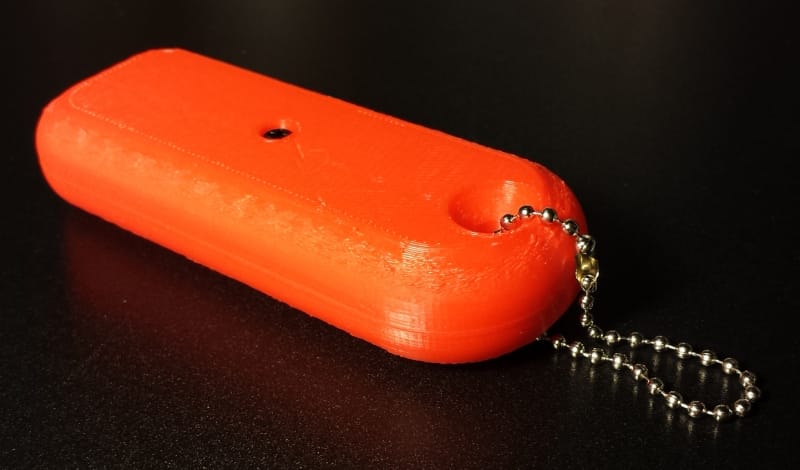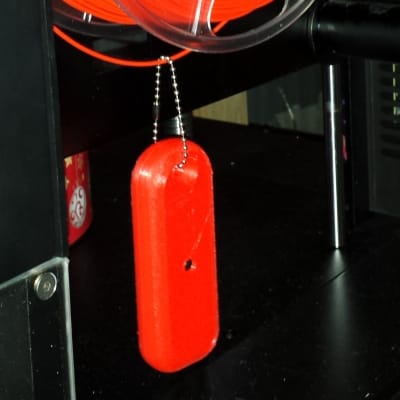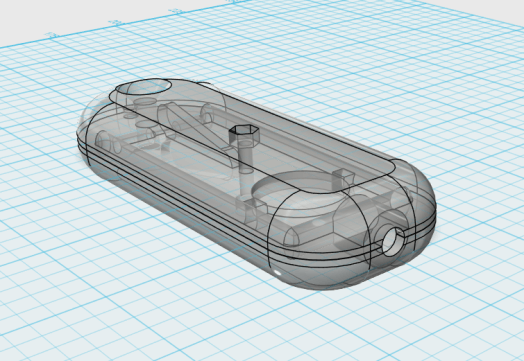
This week’s selection is the highly useful “Mister Screamer”, an 80 dBA Filament Alarm by 3D print operator and writer Donald Papp.
Writing in Hackaday, Papp describes the process to develop a practical and simplified filament alarm. This partially solves the problem of your 3D printer unfortunately running out of filament while you’re not paying attention – and printing air for the back half of your hours-long 3D print.
It’s a highly frustrating experience and vendors have long tried different techniques for resolution. Some vendors resort to proprietary chipped filament spools, where the machine can track how much filament is used and can warn if the upcoming print will run out. However, the proprietary spool concept is generally not welcome in the 3D print community, as it restricts choice of material and is often overly expensive.
Thus many desktop 3D printers operate without any filament warning system, hence the need for Papp’s design.
The device is a combination of a 3D printed case and some basic electronics inside. The idea is that the filament passes by Mister Screamer, until the end of the filament is encountered.

The device is actually hung from the filament as it leaves the spool. Yes, Mister Screamer is suspended by the filament. When in this orientation, the switch does not trigger.
Eventually, however, the end of the filament is encountered, and Mister Screamer falls to the floor. As it does, it changes orientation and triggers a switch.
The switch then engages a rather loud buzzer, powered by small batteries. Note that because this thing uses power only when activated, the batteries should last a very long time.
At that point, you should run quickly to the 3D printer and pause it before switching out the filament spool.
Meanwhile, Mister Screamer continues to scream until you pick it up.

The design is quite interesting. Inside the compartment is a small magnet that flops around when the device is reoriented. In a flat position, the magnet lies in a spot that deactivates the switch. Ingenious!
This simple design should work on almost any 3D printer that has exposed filament spools, which is the vast majority.
Read the link below to get the entire story on how this device was designed and developed.
Via Hackaday

